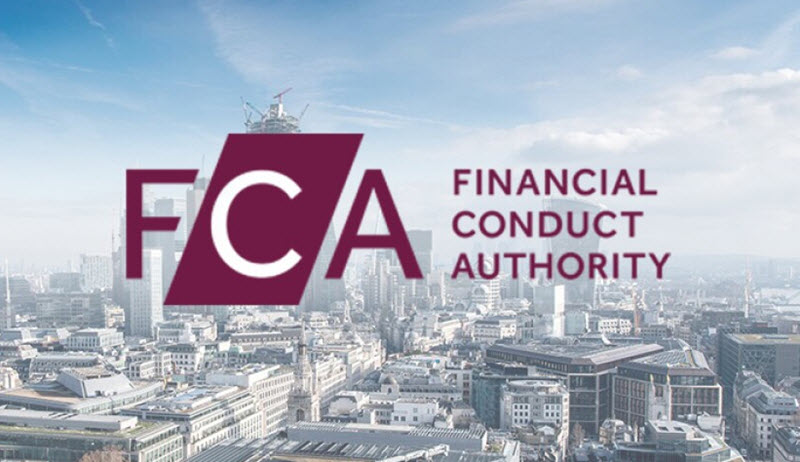In the labyrinthine world of financial markets, safeguarding consumers and maintaining integrity is of utmost importance. In the United Kingdom, this mantle is held by the Financial Conduct Authority (FCA). This article provides an in-depth exploration of the roles and responsibilities of the FCA, examining how it contributes to the stability and reliability of financial markets.
FCA regulates Stock, CFD, forex and binary options brokers in the UK. Here you can find a list of FCA-regulated forex brokers.
Origin and Purpose






The Financial Conduct Authority was established in April 2013, taking over many of the responsibilities previously held by the Financial Services Authority (FSA). It functions as a regulatory body for financial markets and firms in the United Kingdom, with the aim to safeguard the interests of consumers, ensure market integrity, and promote competition.
Statutory Objectives
The FCA operates under the Financial Services and Markets Act 2000 (FSMA), as amended by the Financial Services Act 2012. The statutory objectives outlined in the FSMA include:
- Protecting consumers
- Protecting and enhancing the integrity of the UK financial system
- Promoting competition in the interests of consumers
Protecting Consumers
One of the cardinal roles of the FCA is consumer protection. This entails ensuring that consumers are provided with suitable products and services and are treated fairly by financial firms.
Ensuring Fair Treatment
The FCA imposes stringent standards that financial firms must adhere to in their dealings with consumers. These standards ensure that firms act transparently, provide appropriate products, and communicate fairly and clearly.
Redress Mechanisms
The FCA also plays a crucial role in ensuring consumers have avenues for redress when things go wrong. This includes overseeing the Financial Ombudsman Service, which resolves disputes between consumers and financial firms.
Ensuring Market Integrity
Market integrity is critical for the functioning of financial markets. The FCA adopts a robust framework to prevent market abuse and ensure that firms operate in a manner that is consistent with the interests of consumers and the market at large.
Supervising Market Conduct
The FCA is vigilant in supervising the conduct of firms and individuals to ensure that market integrity is upheld. It has the authority to enforce regulations and impose sanctions or fines on those that breach market conduct rules.
Combatting Financial Crime
An integral aspect of ensuring market integrity is combatting financial crimes such as money laundering and fraud. The FCA employs supervisory and enforcement activities to detect and prevent financial crime.
Promoting Competition
Promoting competition in financial markets fosters innovation and enhances consumer choice.
Market Entry and Exit
The FCA oversees the authorization process for new firms entering the market and ensures that competition is not stifled. It also regulates the orderly exit of firms, minimizing disruptions to the market and consumers.
Advocacy and Market Studies
The FCA engages in advocacy and conducts market studies to identify barriers to competition. Based on the findings, it might propose changes to market structure or regulations to encourage competition.
Regulatory and Supervisory Tools
The FCA employs a range of tools to achieve its objectives, including:
- Rule-making
- Supervisory
- Enforcement
- Competition powers
Each of these tools plays a distinct role in guiding the behavior of market participants and ensuring adherence to regulatory standards.
This article was last updated on: June 29, 2023

